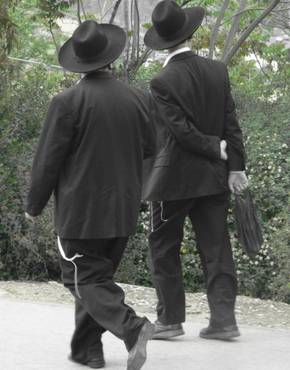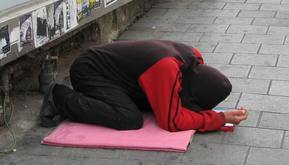Begging for Peace
On my recent journey to Israel, one of the oddities of Tel Aviv was the sighting of the occasional beggar on the street. These seemed to take 3 forms: old women sitting beside lamp-posts, elderly hasidic pan-handlers with a bit of a crazy edge, and young penitents who situate themselves in a state of frozen prostration, on the leeward side of walkways.
This is an strange sight to see.
In North American cities, begging and pan-handling are synonymous – considered by the more cozy financially to be one of society’s major blights, sore spots.
The poor and the beggars have always been with us, in one form or another — at least in the so-called “civilized” societies of the post-tribal world. One imagines that in “tribal” times, all people had meaningful roles to play in societies where life wasn’t measured by accumulation and prestige.
Read MoreThe Road to Tel Aviv
It is the end of another business day, school-day, peace-keeping day. Soldiers, school children, a handful of tourists, Hasidic Jews all pile on and empty off the bus in drips, droves, coughs and sputters, as the bus navigates the stew of the afternoon rush.

Soldiers are everywhere in Israel; more pronounced in Jerusalem, less visible in Tel Aviv. They are all young. College young. Just- out-of -high -school young. A period of military service is a mandatory part of the young Israelis’ journey into adulthood, for both men and women. This rite-of-passage speaks of the reality of a societal burden as old as the stones in the temple walls here.
Read More



